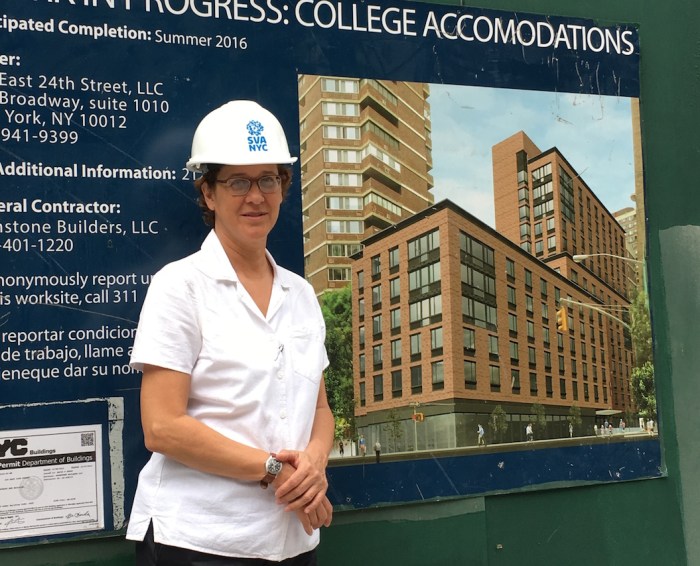Crystal Emery knows what it feels like to be disrespected.
Emery, who is paralyzed from the neck down, has worked her whole life to reach her dreams despite the overwhelming odds, and obstacles, in her way.
The black filmmaker just released her second feature-lengthdocumentary, “Black Women in Medicine,” which airs on American Public Television networks throughout February.
The documentary has a new relevance, coming just a few months after a black female physician on a Delta Air Lines flight who tried to assist a passenger in distress was told by a flight attendant that her services were not needed. “Oh, no sweetie, put your hand down, we are looking for actual physicians,” the flight attendant allegedly told the woman, Dr. Tamika Cross, who related the incident in a Facebook post. Similar incidents around that time also sparked controversy and have led to newairline policies, and the creation of the hashtag #whatadoctorlookslike. Emery said that the Delta incident reflects deep-rooted stereotypes of what a doctor “should” look like and what black women can accomplish.
“The deadliest disease in America is racism. We all suffer from it,” Emery, 55, told Metro. Currently, only 2 percent of doctors are black women, she pointed out.
“The purpose of my film is to inspire a new generation of black women to be doctors,” she said. A similar purpose drives her aspresident and chief executive of a nonprofit organization, URU, The Right to Be, Inc. She has created a multimedia initiative through that organization called “Changing the Face of Medicine.” It includes Emery’s book of profiles of 100 prominent black female doctors, and aseminar tour through 50 cities planned for 2017 and 2018. Throughout her own struggle withneurological deterioration fromCharcot-Marie-Tooth disease,Emery encountered many black female doctors and researchers, some who become the subjects of her work.
Among the women in the film is Dr. Doris Wethers, a native New Yorker. Wethers’ research changed the life expectancy for Sickle Cell Anemia from 18, to over 50, and established the protocol for treating babies with the disease. Dr. KarenAlithaMaybank, who is also in the film, noted that the importance of black doctors goes beyond simple balance and into the racialinequality of healthcare itself.
“Evidence shows patients actually are more satisfied by physicians who are of their same race or ethnicity,” Maybank said. “Black physicians are more likely to go back to the communities that they came from to serve.” It was in the throws of her own disease that Emerybegan to feel more empowered.
“I was brave enough” to go to The New School in New York City, Emery said. It was there where she earned her master’s degree in media studies and public engagement in 2013.
The school and program provided her no shortcuts. She commuted from Connecticut to downtown Manhattan for class, and navigated the buildings that in many cases were not designed for her size wheelchair. “Part of my back is still in a pothole on the Cross Bronx Expressway,” Emery joked, but added, “it was very challenging. People were not friendly, they were not so helpful. Able-bodied people don’t always know the scope of the world of disability.” A recent problem she encountered, but not a new one, was when her film was being screened. Emery said that many theaters could not accommodate her particular kind of wheelchair, including two in New York, the Roy Arias Stages and Cinema Village. Emery said that she appreciates President Donald Trump, but only because his actions have forced people to confront what she calls racist thought and intimidation.
“America needs to heal,” she said. “And that takes love, and not bullying. This film is about love, people working together,” she said. “I believe we can solve our problems with love.”
“Black Women in Medicine” debuted on World Channel on Feb. 8, and will air again on Feb. 11 at 5 a.m. on WLIW, on Feb. 13 at 9:30 p.m. on WNYE, on Feb. 15 at 12 a.m., and on Feb. 16 at 4 p.m. on WNYE.


















